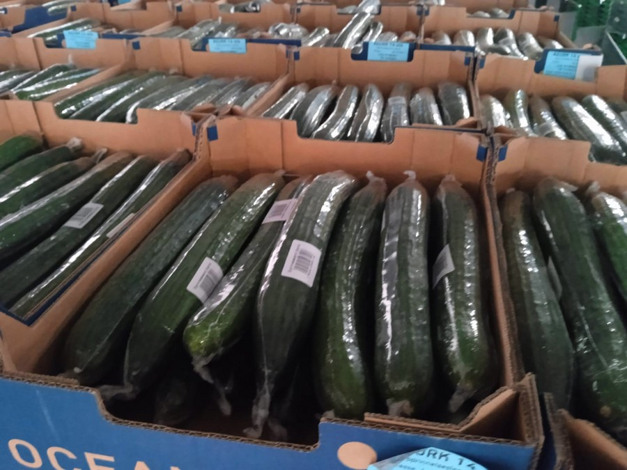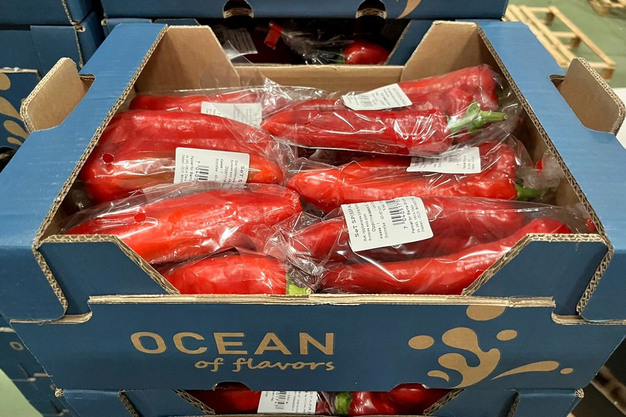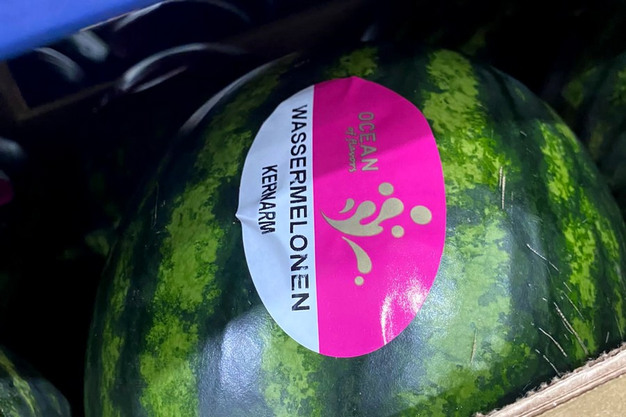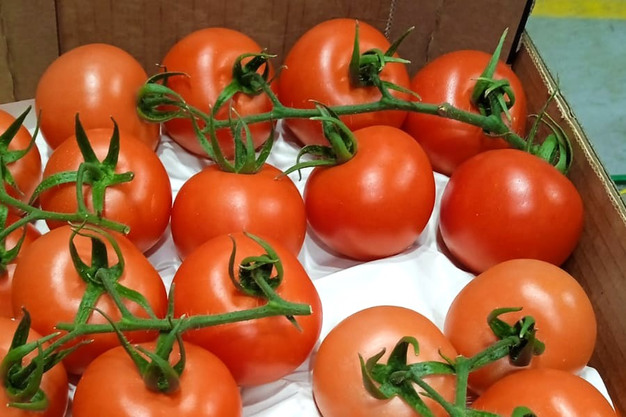This past December has been extremely warm in Almeria, according to Spain's State Meteorological Agency (Aemet), and after a boost in production due to the good weather, the cold has regulated the growth of the different vegetables.
"The products that are most sensitive to cold, such as eggplant, cucumber, and zucchini, respond more quickly to temperature drops. In the case of cucumbers, for example, the period between mid-November and December has been very difficult in Granada because of a production peak due to the good weather, and here production had also accelerated. However, at the moment, both because of the cold and the natural cycle of the plants, production has been regulated across the board," says Manuel Arevalo, from Ocean Fresh.

"Regarding peppers, the most negative factor this season hasn't been the cold or the hailstorms at the end of October, but the impact of viruses, transmitted by pests such as Thrips parvispinus. According to technicians, there is already an effective biological solution to combat thrips, but in circumstances like the current one, results only become visible in the medium term, and auxiliary releases are needed to increasingly eliminate the presence of thrips," he says.
"We must keep in mind that the pest cannot be tackled by switching to a different variety, as has been the case with the rugose virus in tomatoes. The problem needs to be adequately managed, and that will depend on the location and the characteristics of each greenhouse."

"For now, what we are seeing is that, unfortunately, a part of the pepper (and cucumber) plantations have had to be cleared away early because of the viruses, and these are farms that are then bound to grow melon and watermelon, so, in general, although it's still too early to analyze the data on plantations, we can expect there to be more melon and watermelon than in previous seasons. Moreover, if we look at the trend of recent years, we should see greater growth in the case of watermelons than in that of melons", says Manuel Arévalo.

In addition to cucumber, various pepper varieties, and watermelon, another important product for Ocean Fresh is tomatoes, both conventional on the vine, plum, and round formats, as well as snack lines. "This season, we have again felt pressure from Morocco's competition in the export markets. Even more so, in fact, and so far, prices have not reached the expected levels. However, at Ocean Fresh we have been focused on direct sales to the Scandinavian retail sector, where we have clients who are loyal to our tomatoes from Almeria, and we have been doing that precisely because of their loyalty," says Manuel Arévalo.

"From now on, I think the season will be quite good. The plants have a limited production cycle, and since production was higher than expected in the first part of the season, we are now facing a drop in volumes that will hopefully lead to higher prices and allow producers to recover their losses in these first months of the season," he says.
 For more information:
For more information:
Ocean Fresh S.L.
Calle del Arquitecto Julián Laguna 121
04711 El Ejido, Almeria, Spain
Tel.: 1: +34 666 518 703
maria.sances@oceanfresh.es
Tel.: 2: +34 647 724 962
manuel.arevalo@oceanfresh.es
https://www.oceanfresh.es
